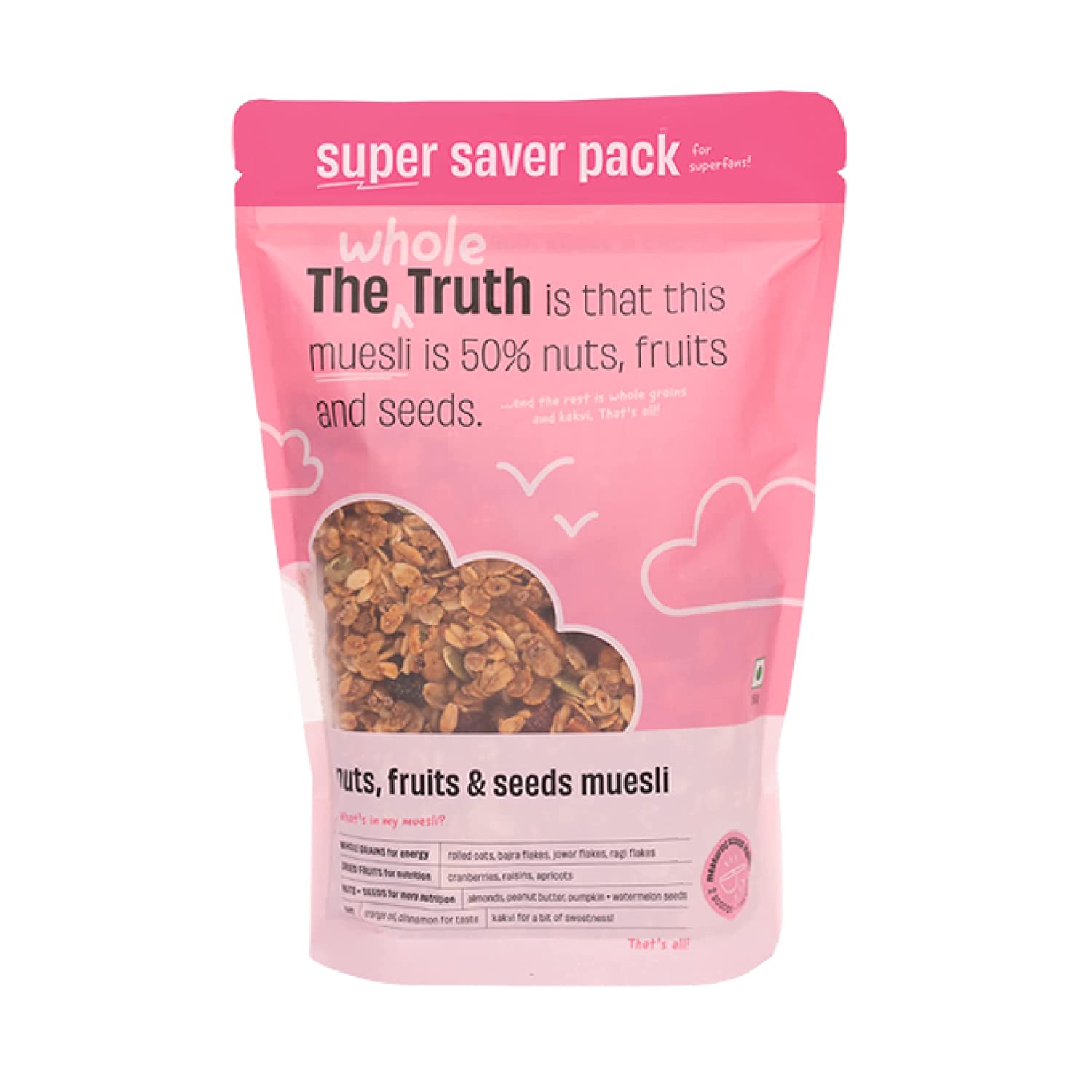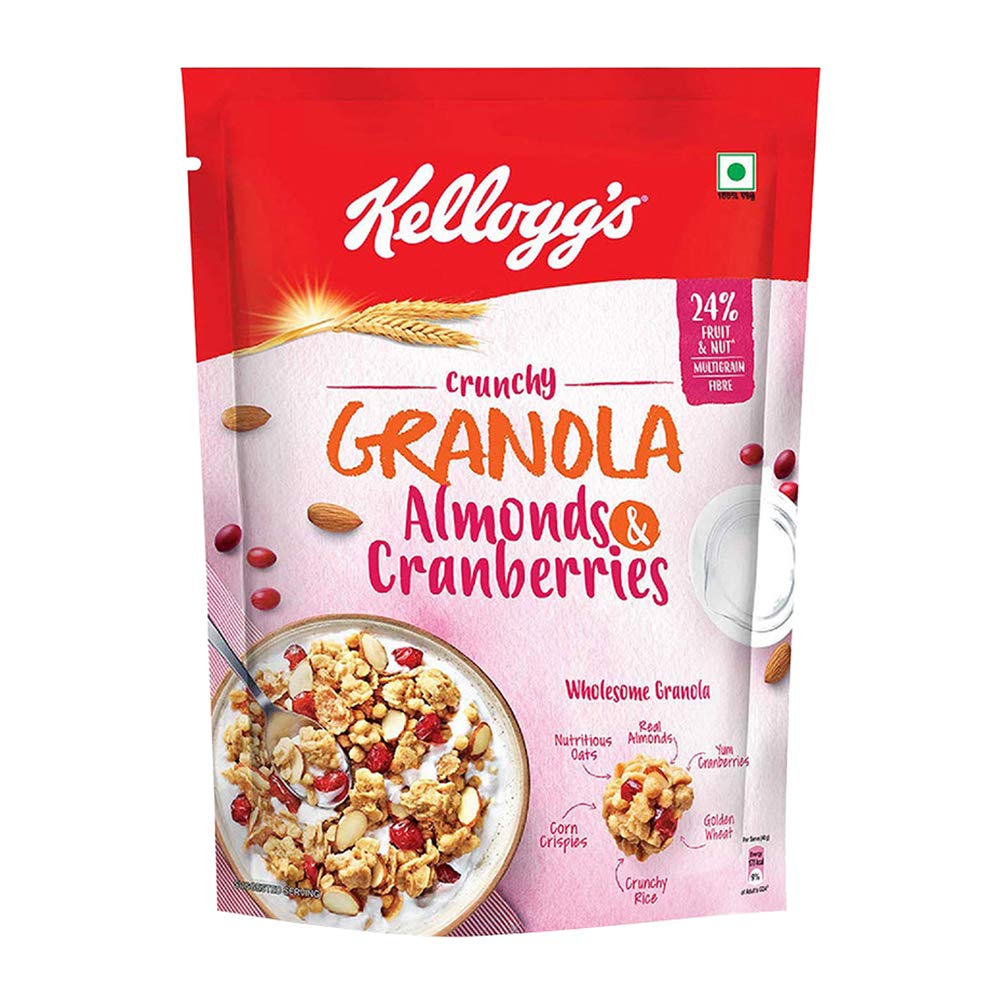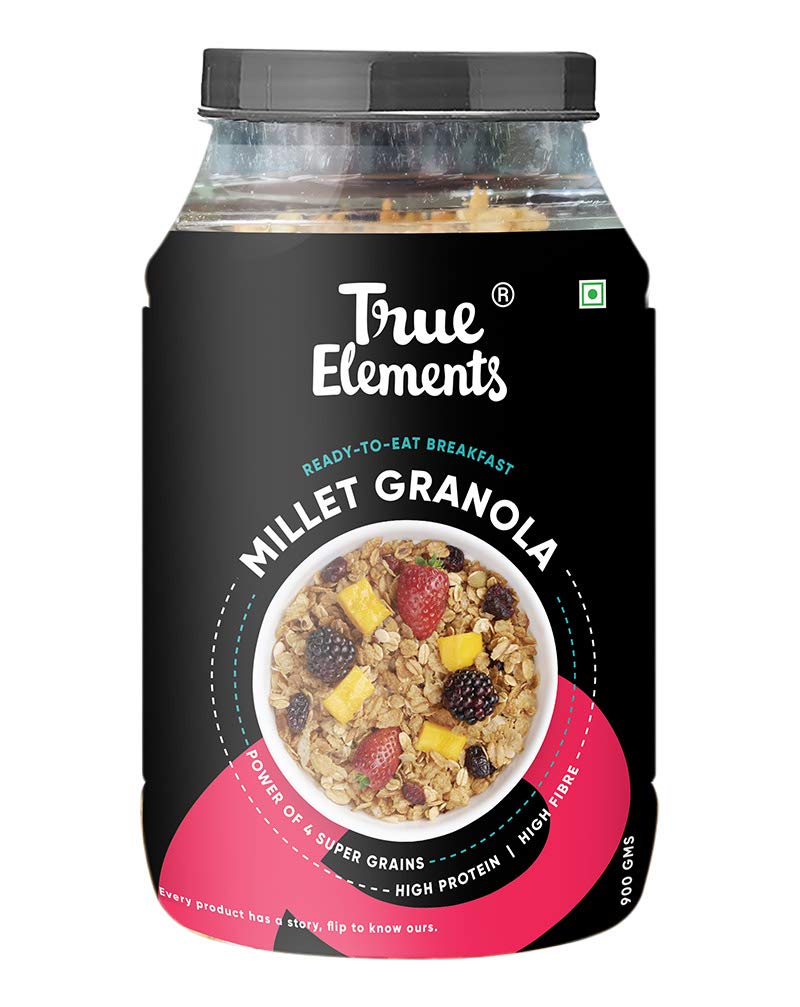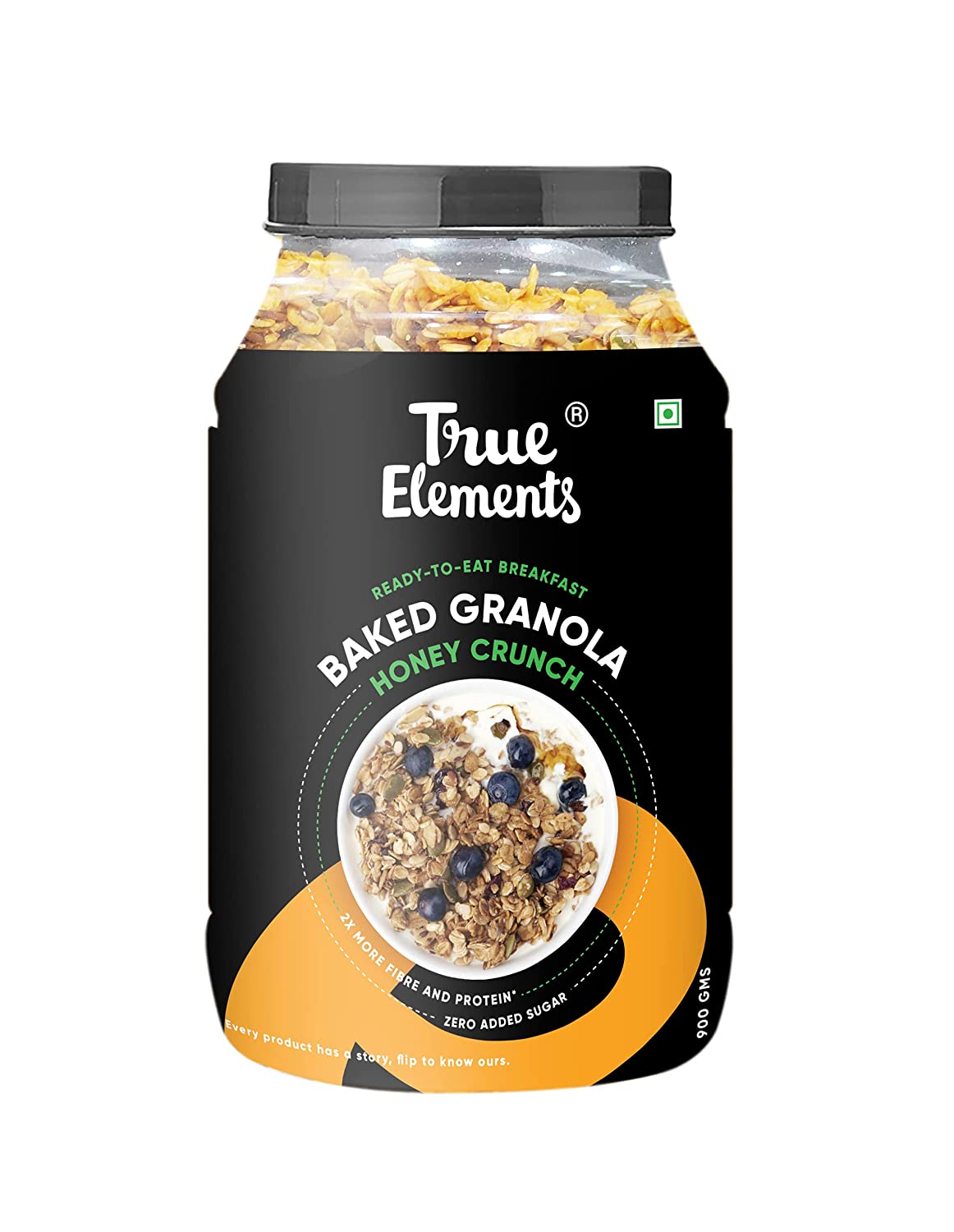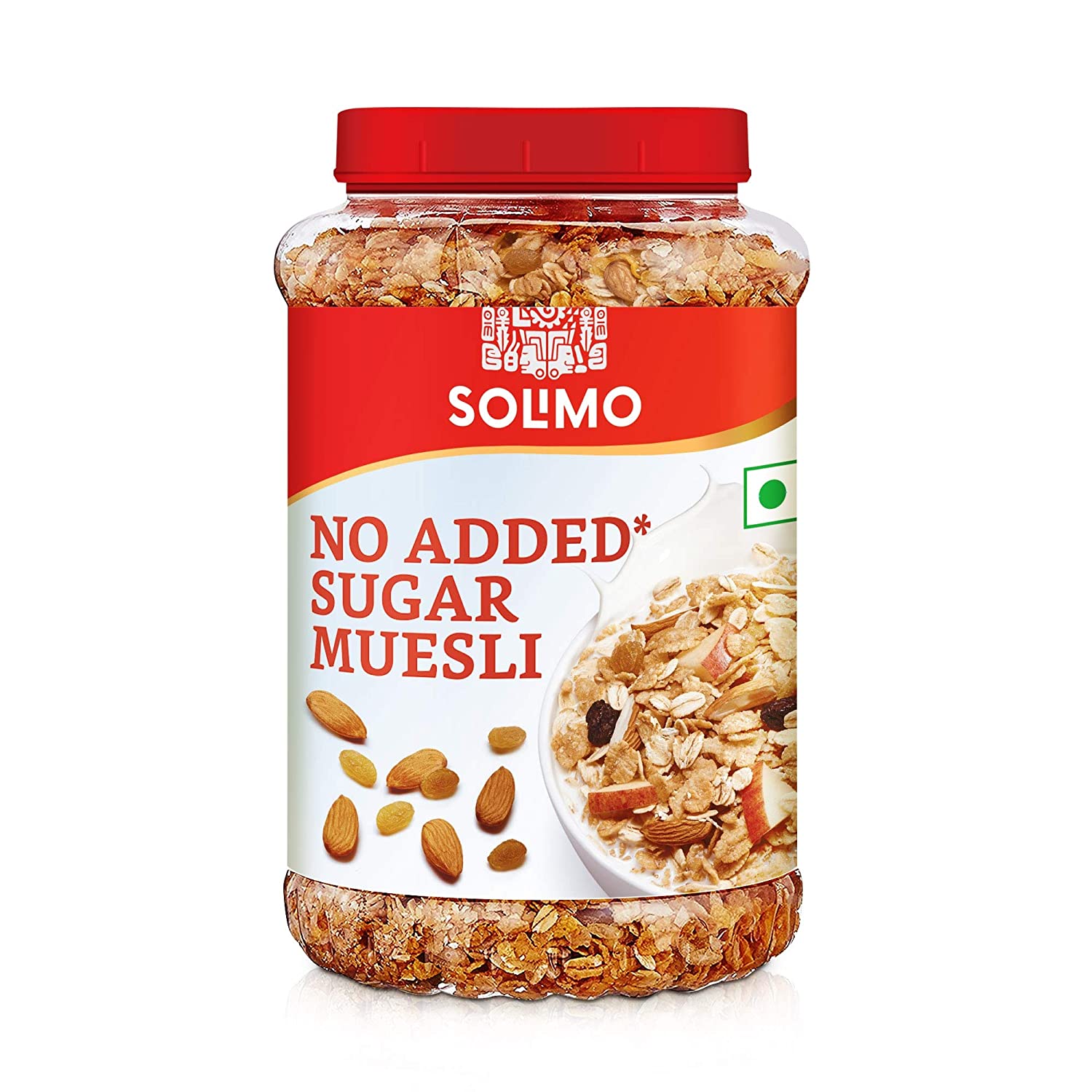Saturated Fat
Macronutrient
Last update date: November 06, 2023
Saturated fat, is a dietary fat that is one of the unhealthy fats and is solid at room temperature. The lesser the amount on food labels the better.
Frequently Asked Questions
1.
What is Saturated Fat?
A saturated fat is essentially a collection of small fat particles held together by chemical bonds that link them together securely, making them denser than unsaturated fats. They are mainly present in animal products, especially meat, milk, and eggs, though a handful of plant oils, like coconut and palm kernel oil, also contain significant amounts. Numerous studies suggest that having an excessive amount of saturated fat in one's diet may cause serious problems, such as raising harmful LDL cholesterol levels and escalating the danger of cardiovascular diseases
2.
Are there any health benefits to saturated fat?
Saturated fat, when consumed in moderation, can have several positive impacts on your health. Here are some key benefits: Saturated fat helps your body absorb fat-soluble vitamins A, D, E, and K. These vitamins are essential for various bodily functions, including maintaining healthy skin, supporting immune function, and promoting proper blood clotting. Saturated fat aids in the body's synthesis of essential fatty acids. These fatty acids play crucial roles in brain function, hormone production, and overall cell health. Saturated fat promotes the absorption of calcium, which is vital for maintaining strong bones and teeth. Adequate calcium levels are especially important for growing children, older adults, and individuals at risk of osteoporosis. About 60% of your brain is made up of fat, and approximately 50% of that fat is saturated. Saturated fat is essential for proper brain development, cognition, and overall brain health. Consuming a low-carb high-fat diet can increase the size of LDL particles, which may lower the risk of heart disease. Larger LDL particles are considered less harmful than smaller one
3.
What is negative impact of Saturated Fat?
While saturated fat is necessary for certain bodily functions, consuming an excessive amount can have negative effects on your health. Here are some potential drawbacks: If your diet contains too much saturated fat, it can lead to an increase in both high-density lipoprotein (HDL) and low-density lipoprotein (LDL) cholesterol levels. High LDL cholesterol can contribute to the formation of fatty deposits in your blood vessels, making it harder for blood to flow smoothly. If one of these deposits ruptures, it can lead to a clot, potentially causing a stroke or heart attack. To maintain a healthy heart and overall well-being, it is important to limit your intake of saturated fat and focus on a balanced diet.
4.
Who should avoid Saturated Fat?
People with preexisting medical conditions, including those living with heart disease and high cholesterol, need to take extra caution regarding saturated fat intake. These individuals might experience aggravation of symptoms if they consume too much saturated fat in their diets. In particular, high levels of saturated fat can make heart troubles worse and even exacerbate the likelihood of developing more cardiac concerns. Those with high cholesterol could face similar consequences due to saturated fat prompting increases in "bad" LDL cholesterol levels. Given these dangers, consultation with doctors and practicing moderation in saturated fat consumption (if necessary) remain important considerations.
5.
Which foods are high in saturated fat?
Saturated fat can be found in certain foods that we often consume. Here are some examples: Red Meat: Beef, lamb, and pork have saturated fat. Choose lean cuts or eat less red meat to reduce saturated fat. Full Fat Dairy Products: Whole milk, cheese, butter, and cream contain saturated fat. Opt for low-fat or fat-free dairy options. Coconut Oil: Coconut oil has saturated fat. Use it sparingly in cooking or baking. Ice Cream: Ice cream is tasty but has saturated fat. Try low-fat or reduced-fat ice cream. Baked Goods: Cakes, pastries, cookies, and pies often have saturated fats from butter or margarine. Enjoy them in moderation or choose healthier alternatives. Remember to be mindful of how much saturated fat you consume and consider healthier choices whenever you can.
6.
What is a healthy amount of saturated fat?
If an individual requires a daily intake of around 2,000 calories, it is advisable to limit saturated fat to no more than 120 calories. that is roughly 13gm of saturated fat in a day.



